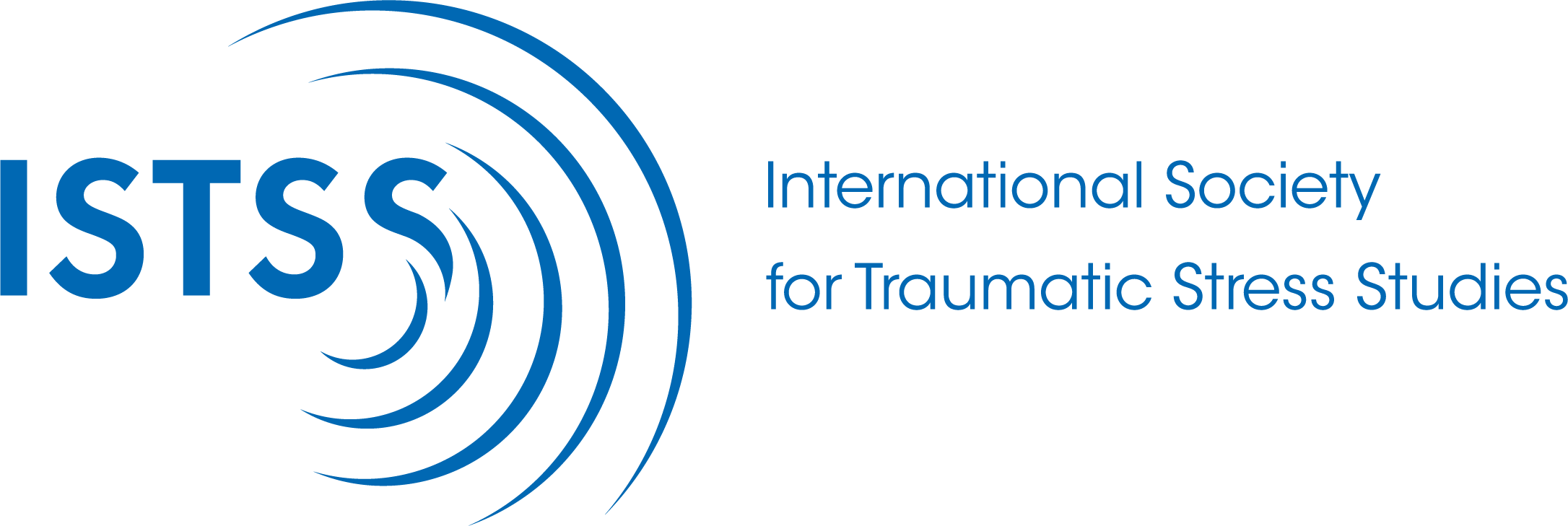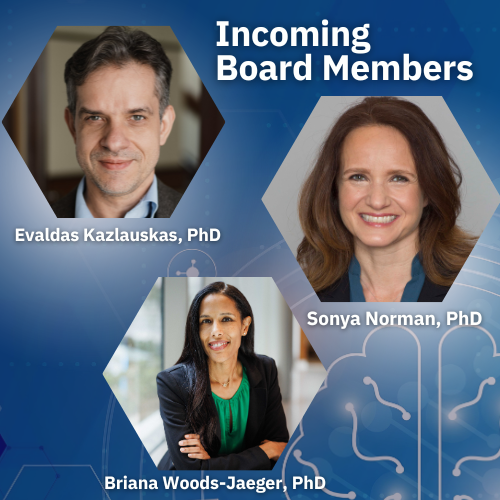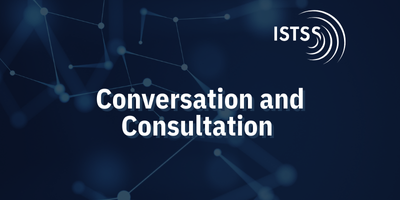
2024 ISTSS Board of Directors Election Results: Celebrating Our New Leadership
The 2024 ISTSS Nominations and Elections Committee, chaired by Board Member and Immediate Past President Marit Sijbrandij, PhD, is pleased to announce the results of this year’s ISTSS Board of Directors election. Congratulations to all those elected, and our heartfelt thanks to everyone who agreed to be nominated.
-
-
- President-Elect:
Andrea Phelps, M. Psych (Clinical), PhD
- President-Elect:
-
-
-
- Board Members:
Michele Bedard-Gilligan, PhD**
Iris Engelhard, PhD
Rachel Hiller, PhD**
Masaya Ito, PhD
Evaldas Kazlauskas, PhD
Sonya Norman, PhD**
Briana Woods-Jaeger, PhD**
- Board Members:
-
**Current Board Members re-elected to serve another term.

Bringing Together Scientists, Clinicians, and Communities From Around the World to Advance the Field of Traumatic Stress.
Healing Trauma Together
The International Society for Traumatic Stress Studies is dedicated to sharing information about the effects of trauma and the discovery and dissemination of knowledge about policy, program and service initiatives that seek to reduce traumatic stressors and their immediate and long-term consequences. ISTSS is an international interdisciplinary professional organization that promotes advancement and exchange of knowledge about traumatic stress.

Friday Fast Facts: Moral Injury
Join Dr. Sonya Norman, Dr. Brandon Griffin, and Dr. Shira Maguen as they introduce this month's topic and provide insights into moral injury and its implications in the latest Friday Fast Facts Series.
Conversations and Consultations
Our Conversations and Consultation series is a members-only series that provides members with the opportunity to exchange valuable insight and advice with subject-matter experts, mentors, and/or colleagues in the trauma field. Each session is facilitated by one or more experts and presented to ISTSS members as a free membership benefit.
Grow Your Professional Network by Volunteering with ISTSS
Volunteers play an integral role in ISTSS' day-to-day activities and form a broad professional network. Interested in adding an ISTSS volunteer position to your CV?
Innovative Strategies for Addressing Traumatic Experiences Among Racially Diverse Youth – Amanda Hasselle, Heather Taussig, Jacinthe Dion, & Erica McIntosh
Programs to address childhood trauma and prevent future exposure among racially and ethnically diverse youth can be integrated into existing systems and/or delivered by paraprofessionals to increase accessibility and impact. This blog highlights four such programs. Two programs described support school-aged youth affected by familial trauma exposure. These programs foster meaningful youth-adult relationships and positive psychosocial functioning by harnessing principles of positive youth development. The other two programs aim to promote youth wellbeing by enhancing engagement, knowledge, and/or cultural humility among adults who interact with youth.
Like this content? This work was originally presented at the 2023 ISTSS Annual Meeting in Los Angelos, CA. Become an ISTSS member and join us for more groundbreaking clinical and research sessions on traumatic stress at the 2024 Annual Meeting in Boston, MA!
Clinician’s Corner: Treating Comorbid Eating Disorders and PTSD with Integrated Treatments – Rachel Liebman, PhD
The overlap between eating disorders and posttraumatic stress disorder (PTSD) is well documented. Systematic reviews and meta analyses suggest that anywhere from 18% to 25% of individuals with eating disorders (EDs) also experience PTSD, and 12% of people with PTSD endorse eating disorder symptoms (Ferrell et al., 2022). EDs are associated with one of the highest morbidity and mortality rates of any psychiatric disorder (van Hoeken & Hoek, 2020). Because of this medical risk, clinicians often describe feeling unsure of how best to manage ED behaviours in the context of trauma-focused treatments. Often, they report a fear that engaging in trauma-focused therapy will exacerbate ED behaviours, particularly when clients describe trauma-related memories as triggers for engaging in these behaviours. As a result, clients may be denied, or at least delayed, in receiving trauma-focused treatment until their ED behaviours are managed. However, if the ED behaviours are used to cope with trauma-related thoughts and emotions, delaying trauma-focused treatment may only serve to maintain these behaviours as a maladaptive coping strategy for untreated trauma symptoms, and unnecessarily prolong clients’ suffering.
Clinician’s Corner: Treating Trauma-Related Disorders Through the Life Course: Does Age Matter? – Jeannette Lely, PhD
‘Once you’ve been initiated into the Elderly, the world doesn’t want you back. […]. We – by whom I mean anyone over sixty – commit two offenses just by existing. One is Lack of Velocity. We drive too slowly, walk too slowly, talk too slowly. The world will do business with dictators, perverts, and drug barons of all stripes, but being slowed down it cannot abide. Our second offense is being Everyman’s memento mori. The world can only get comfy in shiny-eyed denial if we are out of sight. […]. Us elderly are the modern lepers. That’s the truth of it.’





